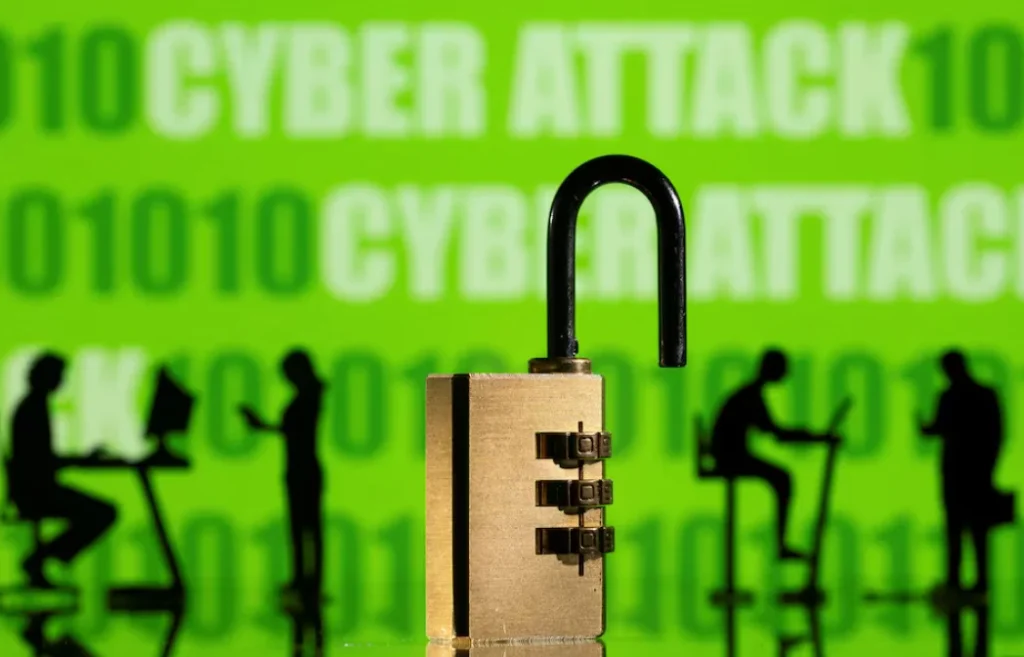China Rejects Allegations Linking It to Espionage Group Targeting Singapore’s Critical Infrastructure
The Chinese embassy in Singapore has firmly denied any connection to an alleged espionage group, UNC3886, which has been accused of launching cyberattacks on Singapore’s critical infrastructure. In a Facebook post over the weekend, the embassy described the accusations as “groundless smears and accusations.”
“China is firmly against and cracks down on all forms of cyberattacks by law. China does not encourage, support or condone hacking activities,” the embassy wrote.
The denial follows remarks made last Friday by a Singaporean minister, who stated that UNC3886 had been targeting “high-value strategic threat targets” and “essential service infrastructure.” The official did not specifically link the group to any nation-state.
Who Is UNC3886?
While Singaporean officials stopped short of attributing UNC3886 to any government, Google-owned cybersecurity firm Mandiant has previously identified the group as a “China-nexus espionage group.” According to Mandiant, UNC3886 has a history of targeting defence, technology, and telecommunications organisations in both Asia and the United States.
Beijing’s Consistent Denial of Cyberespionage Allegations
The Chinese government has routinely denied allegations of involvement in cyberespionage and hacking activities. China has repeatedly maintained that it is opposed to all forms of cyberattacks and is itself a victim of cyber intrusions.
This diplomatic posture has remained consistent despite multiple attributions of state-sponsored hacking groups to China by Western cybersecurity firms and intelligence agencies.
Singapore’s Critical Infrastructure: A High-Stakes Target
According to Singapore’s Cyber Security Agency (CSA), the country’s critical infrastructure spans:
- Energy and water
- Banking and finance
- Healthcare and transportation
- Government services
- Security and emergency services
- Communication and media
These sectors are essential to national stability, and attacks on such systems can disrupt everyday life and compromise national security.
Growing Concerns Over State-Linked Cyber Threats
The UNC3886 episode adds to the growing global concern over nation-state cyber actors targeting critical infrastructure. While attribution in cyberspace remains complex, many governments are investing more in cyber defense and public-private partnerships to mitigate emerging threats.
Conclusion
While China has officially denied involvement, the accusations surrounding UNC3886’s alleged cyberattacks on Singapore underscore the increasing vulnerability of global critical infrastructure to sophisticated cyber threats. As geopolitical tensions rise, cyber attribution and cybersecurity preparedness will remain at the forefront of international policy discussions.












